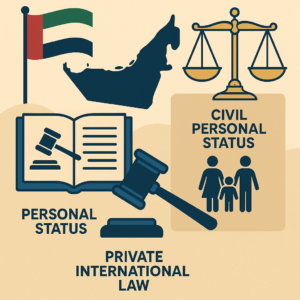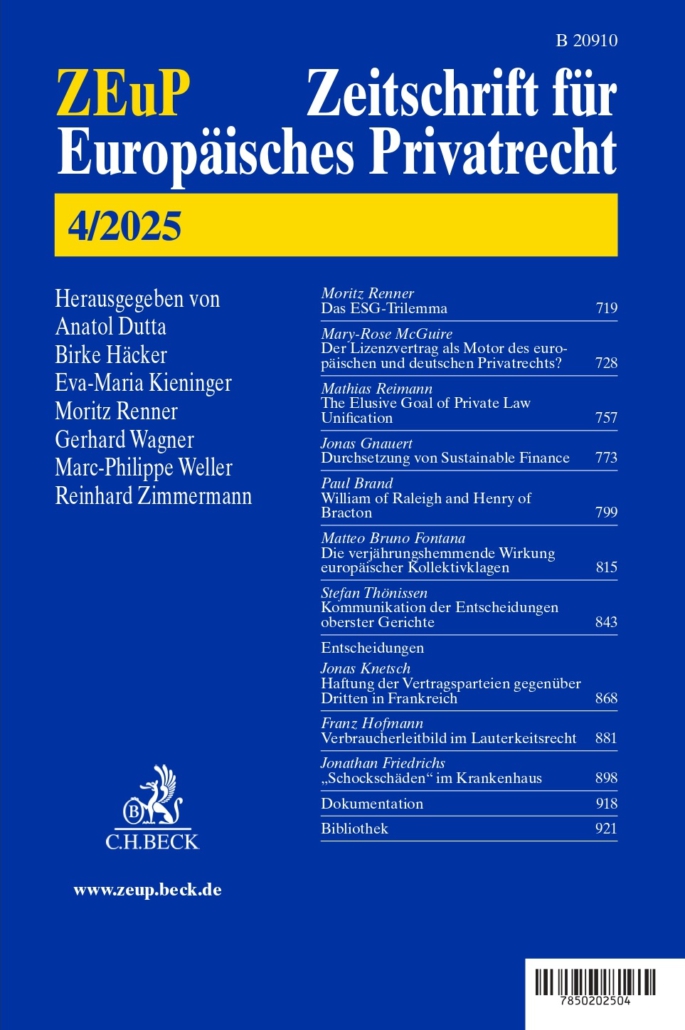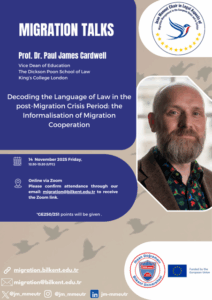Views
The Personal Status Regimes in the UAE — What’s New and What Are the Implications for Private International Law? A Brief Critical Appraisal
 Prologue
Prologue
On 15 April 2025, the new federal UAE law on personal status (Federal Decree Law No 41 of 14 October 2024) officially entered into force ( “2024 PSL”). This law fully replaces the 2005 Federal Act on Personal Status (Federal Law No. 28 of 19 November 2005 as subsequently amended) (“2005 PSL”). The new law marks the latest step in the UAE remarkable wave of legal reforms, particularly regarding personal status matters. It follows a series of significant developments at both the federal and local levels. At the federal level, this includes the adoption of the law on Civil Personal Status (Federal Decree-Law No. 41 of 3 October 2022 on Civil Personal Status) (“2022 CPSL”) and its executive regulation. At the local level, specific legislations were adopted in the Emirate of Abu Dhabi, most notably the 2021 Law on Civil Marriages and its Effects (as subsequently amended) (“2021 ADCML”), and its Procedural Regulation. These legislative efforts collectively address what is commonly referred to as “civil family law” (for further details see previous posts on this blog here, here, here, and here). Together with the new 2024 PSL, these instruments will collectively be referred to as the “Family Law Regulations” (see Table below). Read more
Opinion of AG de la Tour in C-713/23, Trojan: A step forward in the cross-border recognition of same-sex marriages in the EU?
Dr. Carlos Santaló Goris, Postdoctoral researcher at the University of Luxembourg, offers an analysis of the Opinion of Advocate General de la Tour in CJEU, Case C-713/23, Trojan
From Coman to Trojan
On 5 June 2018, the Court of Justice of the European Union (‘CJEU’) rendered its judgment in the case C-673/16, Coman. In this landmark ruling, the CJEU decided that Member States are required to recognize same-sex marriage contracted in another Member Stated to grant a residence permit to the non-EU citizen spouse of an EU citizen under the EU Citizens’ Rights Directive. The pending case C-713/23, Trojan goes a step further than C-673/16, Coman. On this occasion, the CJEU was asked whether EU law requires a civil registry of Poland, a Member State that does not provide any form of recognition to same-sex couples, to transcribe the certificate of same-sex marriage validly contracted in another Member State. A positive answer would imply that the same-sex marriage established under German law would be able to deploy the same effects as a validly contracted marriage under Polish law. While the CJEU has not yet rendered a judgment, on 3 April 2025, Advocate General de la Tour issued his Opinion on the case. While the CJEU might decide differently from AG de la Tour, the Opinion already gives an idea of the solution that might potentially be reached by the CJEU. This post aims to analyse the case and explore its implications should the CJEU side with AG de la Tour. Read more
A New Precedent in Contract Conflicts: Decoding the Tyson v. GIC Ruling on Hierarchy Clauses
By Ryan Joseph, final-year BBA LLB (Hons) student, Jindal Global Law School, India.
Introduction
The recent decision of the UK High Court (“Court”) in Tyson International Company Limited (“Tyson”) v. General Insurance Corporation of India (“GIC”) sets a critical precedent for cases that lie at the intersection of arbitration, contractual hierarchy, and judicial intervention through anti-suit injunctions. The principal issue in the case revolved around the harmonious application of two conflicting dispute resolution clauses contained in two separate agreements pertaining to the same transaction. While one provided for dispute settlement through arbitration seated in New York, the other was an exclusive jurisdiction clause that provided for dispute settlement by England and Wales courts. To resolve this apparent conflict between the two clauses, the Court relied on a confusion clause (also known as a hierarchy clause) in the parties’ agreement to rule that the exclusive jurisdiction clause, in favour of England and Wales courts, prevails over the arbitration clause. Based on this conclusion, the Court issued an anti-suit injunction against GIC from arbitrating the dispute in New York. Read more
News
ZEuP – Zeitschrift für Europäisches Privatrecht 4/2025
A new issue of ZEuP – Zeitschrift für Europäisches Privatrecht is now available and includes contributions on EU private law, comparative law and legal history, legal unification, private international law, and individual European private law regimes. The full table of content can be accessed here: https://rsw.beck.de/zeitschriften/zeup. 
Decoding the Language of Law in the post-Migration Crisis Period: the Informalisation of Migration
The Jean Monnet Chair in Legal Aspects of Migration Management in the EU and in Türkiye and Bilkent University Faculty of Law cordially invite you for the next Migration Talk by Professor Paul James Cardwell (King’s College London) on “Decoding the Language of Law in the post-Migration Crisis Period: the Informalisation of Migration”.
The talk shall be held online. For the Zoom link please contact migration@bilkent.edu.tr.
Rethinking Family Law Through a European Human Rights Lens: A New Collective Volume
What does it mean to respect family life in modern Europe? With families increasingly diverse and cross-border by nature, the concept of family law is undergoing profound legal, cultural, and institutional changes. A newly published academic volume — El Derecho de Familia a la Luz del Derecho Fundamental Europeo al Respeto a la Vida Familiar — offers a rich and timely exploration of this transformation.
Edited by María Victoria Cuartero Rubio and José Manuel Velasco Retamosa, this book brings together leading voices in European family law, private international law, and human rights to examine how the fundamental right to respect for family life (Article 8 ECHR, Article 7 EU Charter) is reshaping family law across jurisdictions. Read more



